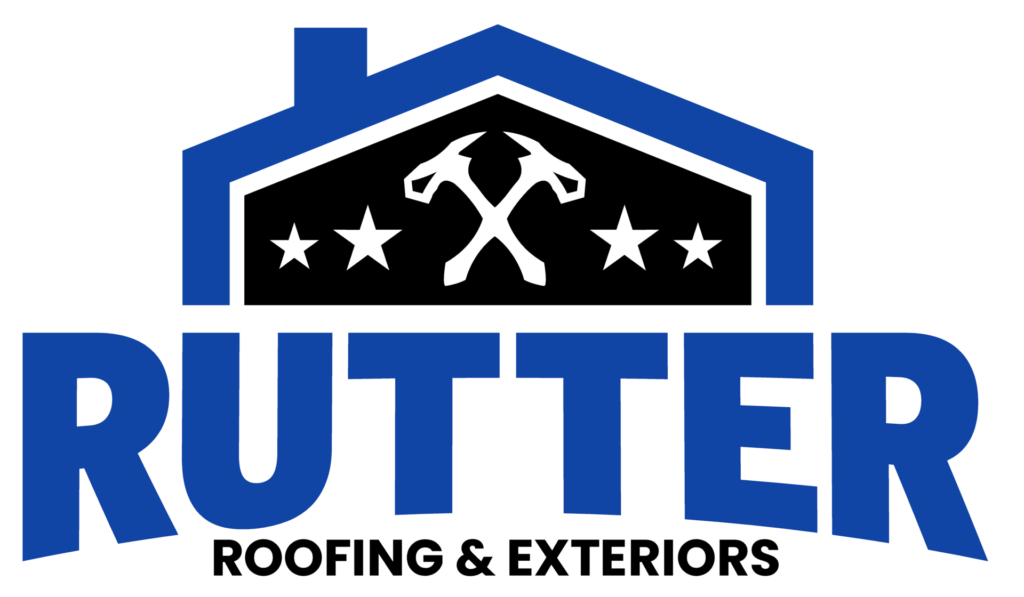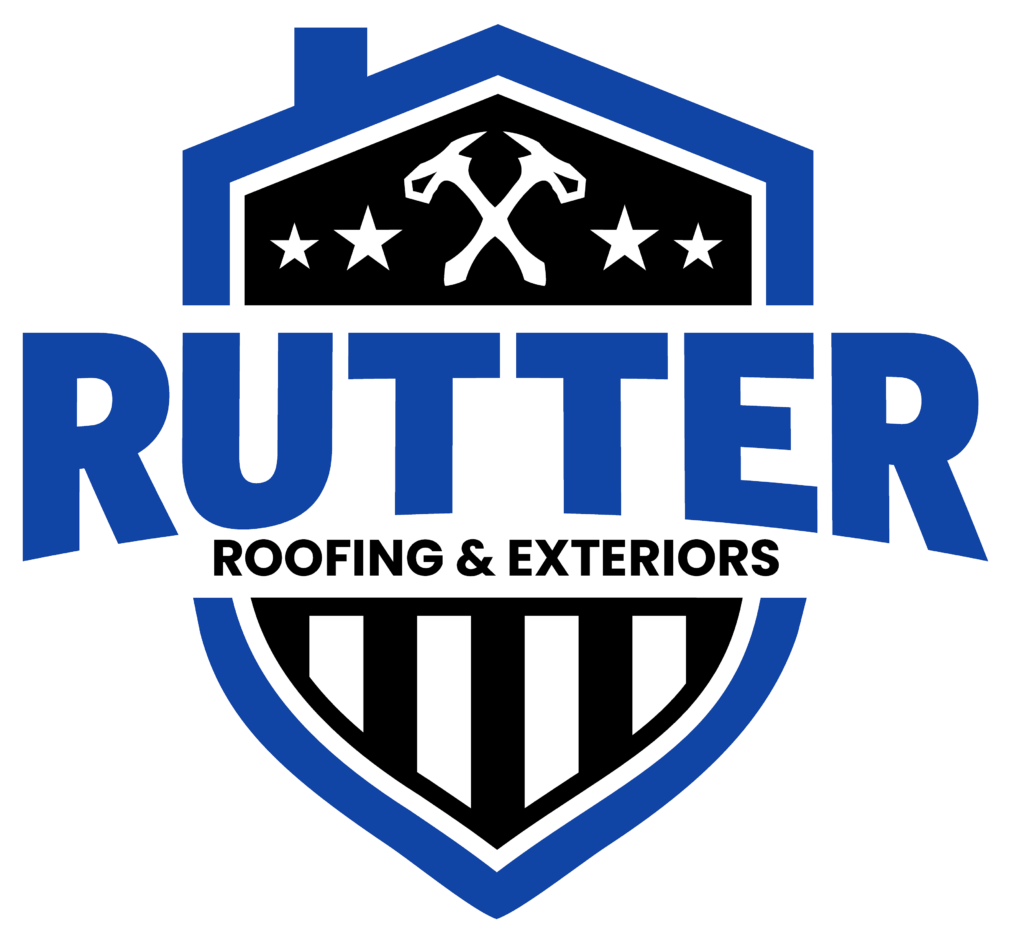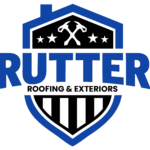The 5 most overlooked problems in a home inspection
Home inspectors aren’t guaranteed — or required — to catch every flaw in your next home. Find out what they often miss.
By Megan Mollmann of Investopedia
After you find a home that you like, the next step is to ensure the house is in top condition with a home inspection. Once the buyer and seller have settled on price, the inspection lets the buyer know that the soon-to-be-purchased home is really worth the money inside and out. But a home inspection is never a guarantee that your new home is going to be in perfect working order.
1. Roof leaks
The No. 1 culprit to slip through a home inspection is a roof leak, says Reggie Marston, president of Residential Equity Management Home Inspections in Springfield, Va. That’s because a home inspector doesn’t go onto the roof to check on its condition, he explains. Instead, an inspector generally examines the roof from ground level with binoculars or looks out higher windows to get a view of roofing below. Inspectors will note torn or missing shingles and nail pops that may or may not indicate a full-fledged problem. To guarantee that you are buying a house with a durable roof, Marston suggests hiring a licensed roofing contractor to provide a full evaluation. (Bing: Find a licensed roofing contractor near you)
2. Faulty appliances
Part of a home inspection is checking that all major appliances are functioning properly. Marston says that this is the second most likely flaw to be overlooked in a home inspection. To confirm that all appliances work, a technician will run them through one or two cycles to make sure there’s no trouble, such as a leaking refrigerator or a smoking dryer.
3. Heating, ventilation and air conditioning
Heating, ventilation and air conditioning systems (HVAC) are one of the top problems that home inspectors can miss, says Mark Vuncannon, a broker with Allen Tate Realtors in Asheboro, N.C. He says technicians may be reluctant to run the air conditioning in extreme cold or to check the furnace in blistering heat. “The inspectors do this because they do not want to do damage by running the unit too long in adverse conditions or they do not want to be held responsible for repairs if it breaks a few days after the new homeowner moves in,” he says. When the home-inspection report is issued, it usually contains a disclaimer that relieves inspectors of this liability. To cover any glitches with your heating and cooling systems down the road, Vuncannon recommends having the system checked by a licensed specialist separate from the home inspection.
4. Damaged siding and windows
Real-estate contracts are structured so that major systems, such as electrical and plumbing, are reviewed and obligate the seller to fix any deficiencies to complete the sale, Marston says. But other imperfections that fall outside of the contract’s purview may go unrepaired. For example, Marston says he has noted damaged siding or old windows that the seller is not required to fix but that could develop into a much bigger problem later.
5. Under the carpet
Inspectors look for evidence of significant wear in plain view, but the things that can’t be seen pose a risk, says Chobee Hoy, owner of Chobee Hoy Associates Real Estate in Brookline, Mass. She says she recommends shadowing an inspector to address the concerns you have about the house and probe what is under some moldy carpet or is lurking behind paneling, adding that buyers can seek sellers’ permission to remove superficial facades for the inspector to take a deeper look.
What to do next
If the home inspector reports a problem with your dream home, the process doesn’t end there. It’s up to you to hire a specialist — whether it’s a roof contractor or an air-conditioning technician — to investigate the problem. It may run you a few hundred dollars upfront, but that’s a savings compared with the thousands of dollars that unreported or unresolved problems could cost after the sale has been finalized.



